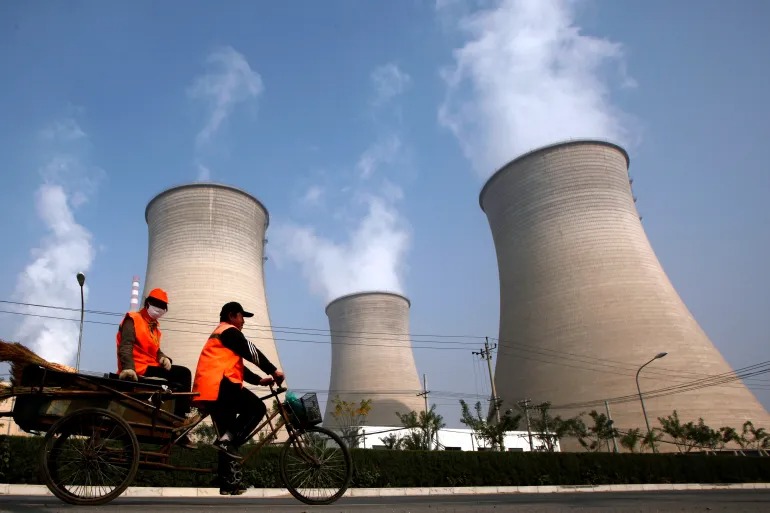In a dire warning, the United Nations (UN) has declared that the world is careening dangerously off course in its pursuit of the ambitious Paris climate deal’s objectives. The landmark 2015 Paris Agreement, hailed as a turning point in the global battle against climate change, now appears insufficient to avert the impending environmental catastrophe. According to the UN’s inaugural Global Stocktake, the world is failing to meet the long-term goals of the Paris Agreement, including the critical target of limiting global warming to 1.5 degrees Celsius above pre-industrial levels. This grim assessment, released on Friday, is poised to underpin the forthcoming crucial climate summit in Dubai later this year.
A Stark Reality Check:
The Paris Agreement has indeed spurred climate action and led to contributions that have curbed forecasts of future warming, as acknowledged in the UN report. However, the assessment underscores that despite these efforts, the world is unequivocally veering off course in its commitment to the Paris Agreement’s objectives. The chasm between aspiration and reality looms large, indicating that “much more is needed now on all fronts” to salvage our planet from the impending climate catastrophe.
Ticking Clock on Global Warming:
The UN’s Global Stocktake underscores the urgency of the situation by pointing to a “rapidly narrowing window” for implementing existing commitments. To cap global warming at the critical 1.5 degrees Celsius target, global greenhouse gas emissions must reach their peak by 2025, followed by a precipitous decline. This urgency is reinforced by the scientific findings of the UN’s Intergovernmental Panel on Climate Change (IPCC). The report makes it unequivocally clear that we are running out of time to avert the worst climate scenarios.
The Path to Net Zero Emissions:
One of the Paris Agreement’s central goals is achieving net-zero carbon emissions by the middle of this century. The UN report emphasizes that this monumental task necessitates nothing short of “radical decarbonization.” This involves the phasing out of all fossil fuels, particularly those whose emissions cannot be captured. This sets the stage for intense debates and negotiations at the upcoming COP28 talks in Dubai, where nations will grapple with the monumental challenge of purging the global economy of oil, gas, and coal.
G20’s Pivotal Role:
Simultaneously, UN Secretary-General Antonio Guterres issued a clarion call to the leaders of the G20 nations, asserting that they possess the power to recalibrate the climate crisis that is rapidly spiraling “out of control.” Guterres emphasized that the G20 countries are responsible for a staggering 80 percent of global emissions, highlighting the need for decisive action rather than half-measures. With China, the United States, the European Union, and India alone contributing over half of total emissions, the G20’s collective response becomes pivotal in averting a climate breakdown.
A Lifeline for Developing Nations:
The UN report also underscores the pressing need to substantially bolster financial support for developing nations. These countries are grappling with climate-amplified disasters that are ravaging their economies, even as they strive to transition away from fossil fuels. Many African nations, already burdened by debt, are facing mounting challenges posed by droughts, floods, heatwaves, and storms. The report serves as a stark reminder that climate justice demands not only drastic emissions reductions but also equitable financial support for the most vulnerable nations.
In conclusion, the UN’s sobering assessment serves as a wake-up call for the international community. While the Paris Agreement laid the foundation for climate action, the world must now rise to the occasion with unprecedented urgency and determination. The clock is ticking, and the collective response of nations, especially the G20, will determine whether we can steer the course towards a sustainable and habitable planet for future generations.















